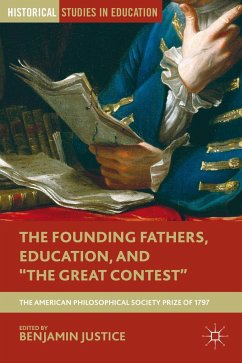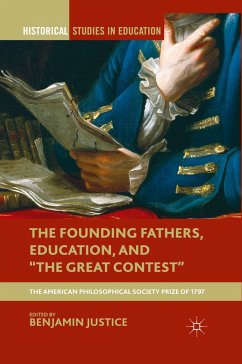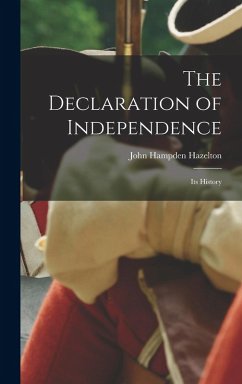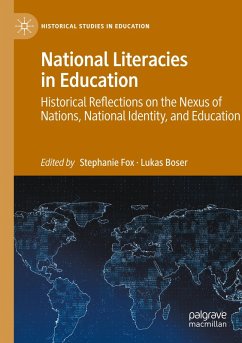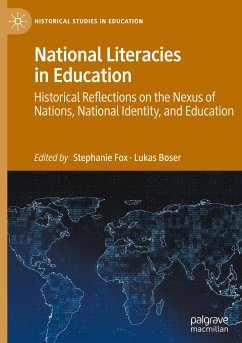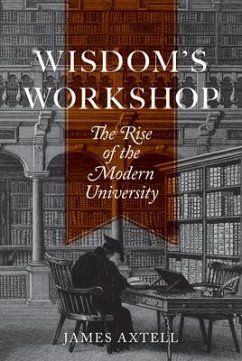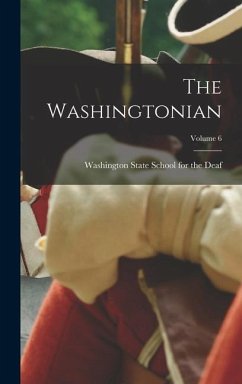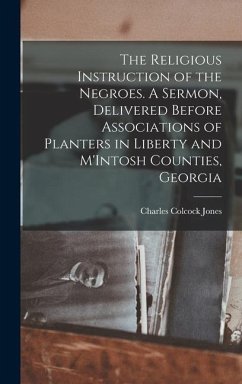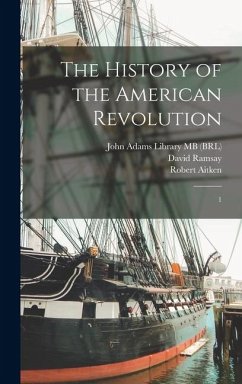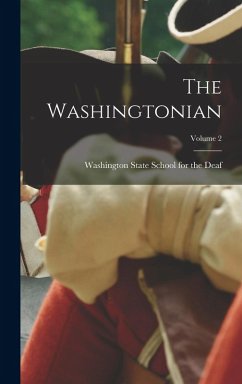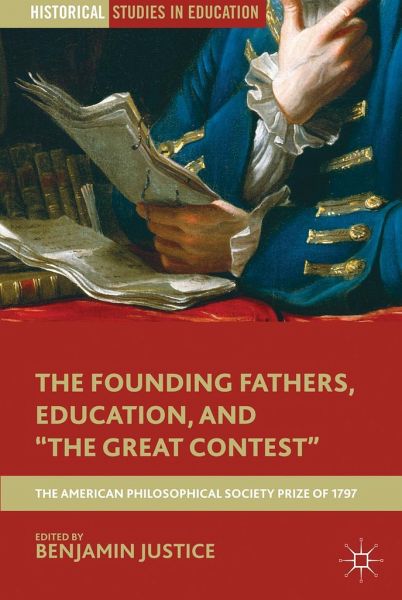
The Founding Fathers, Education, and the Great Contest
The American Philosophical Society Prize of 1797
Herausgegeben: Justice, B.
Versandkostenfrei!
Versandfertig in 6-10 Tagen
29,99 €
inkl. MwSt.

PAYBACK Punkte
15 °P sammeln!
Leading historians provide new insights into the founding generation's views on the place of public education in America. This volume explores enduring themes, such as gender, race, religion, and central vs. local control, in seven essays of the 1790s on how to implement public education in the new USA. The original essays are included as well.





